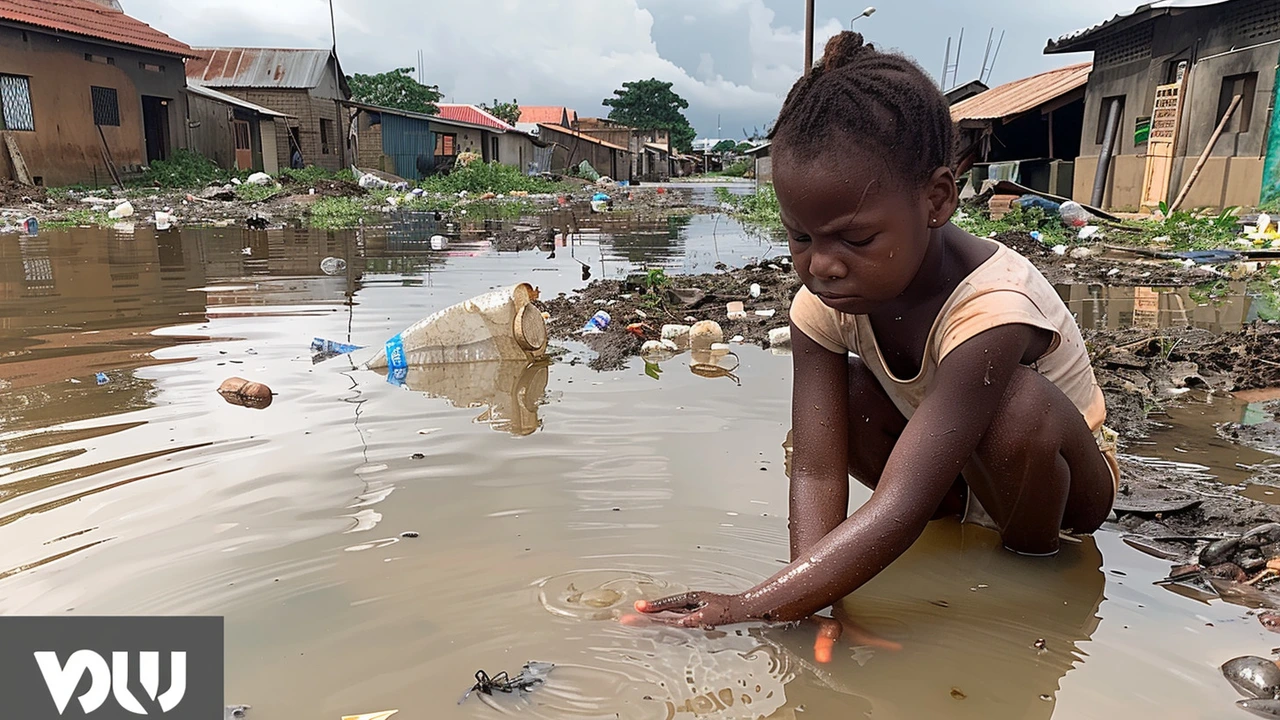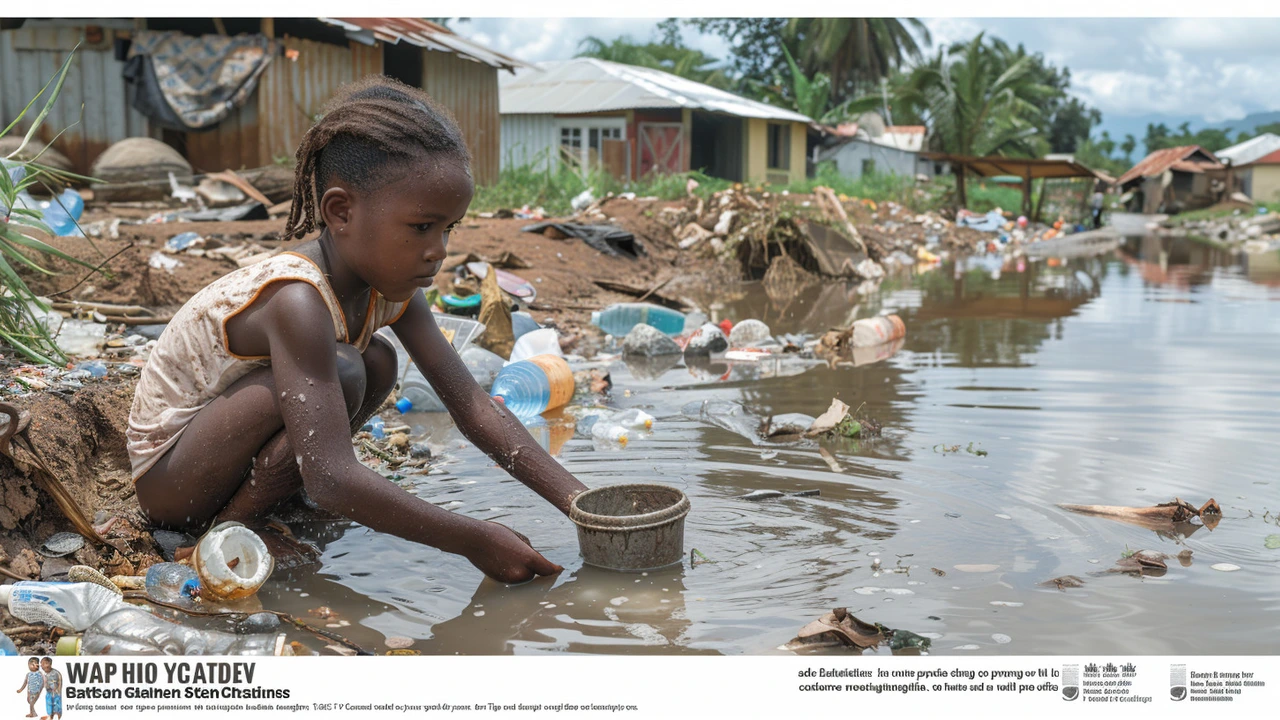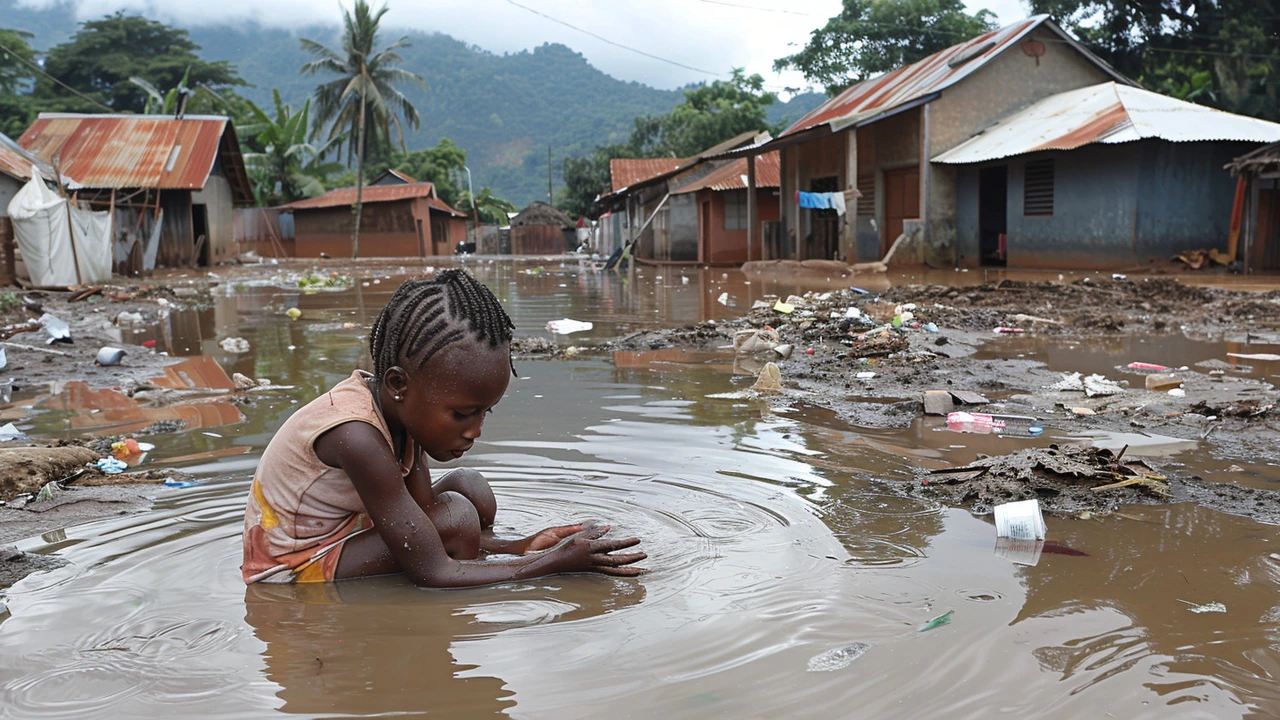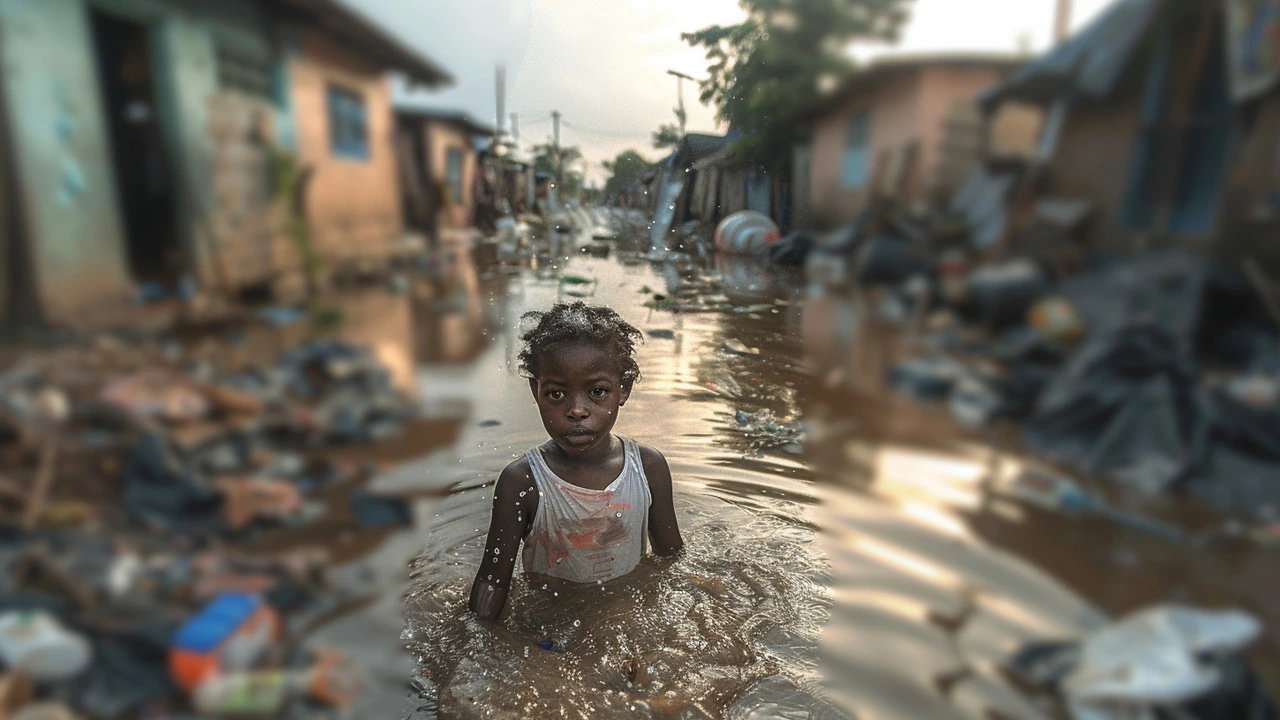Nigeria’s Ongoing Struggle with Cholera Outbreaks
Cholera has returned as a grim regularity in Nigeria, stalking the population with alarming persistence. The country, amid its other public health challenges, is now grappling with a surge of cholera cases that are placing immense strain on its healthcare system. As of June 11, 2024, the Nigeria Centre for Disease Control (NCDC) reported over 1,141 suspected cases and documented 30 tragic deaths across numerous states. This situation is more than just a statistic; it is a dire reflection of the public health landscape in Nigeria.
The Rainy Season’s Unwanted Guest
Cholera's transmission is notoriously tricky to control, especially during Nigeria's rainy season. The heavy rains contribute to flooding, which in turn facilitates the spread of cholera, a waterborne disease. Floodwaters often become contaminated with Vibrio cholerae, the bacteria causing cholera, and this contamination spreads rapidly through communities, exacerbating the crisis. The rainy season, while hoped for by farmers, simultaneously presents this grave public health threat.

Global Context and Rising Cholera Cases
On a global scale, cholera outbreaks are escalating at an alarming rate. Between 2017 and 2021, they rose by 145% compared to the previous five years, according to global health data. Several factors, including climate change, are making these outbreaks more frequent and severe. Flooding induced by erratic weather patterns disrupts sanitation systems, leaving populations vulnerable. In conflict zones or regions facing economic difficulties, the breakdown of infrastructure aggravates the situation because proper hygiene and sanitation are not maintained.
Impact on Vulnerable Populations
The brunt of cholera's impact is felt worst among children under five and malnourished individuals. These populations are particularly susceptible to severe complications from the disease, which can lead to rapid dehydration and death if not promptly treated. It's a disheartening reality that those least able to defend themselves are the most at risk. This underscores the urgent need for robust public health measures and targeted efforts to protect the most vulnerable.

Preventative Measures and Health Education
Cholera is a disease that thrives in environments where sanitation and hygiene are compromised. Therefore, prevention hinges critically on good hygiene practices. Authorities continually stress the importance of frequent handwashing with soap, consuming properly cooked food, and using treated water for drinking and cooking. These basic practices are pivotal in curbing the spread of the disease. In addition, public health campaigns are ramping up efforts to educate communities about these preventive measures. Effective communication strategies are essential to ensure that people understand how to protect themselves and their families.
Treatment Options for Cholera
Fortunately, cholera is treatable, but it requires prompt and accurate intervention. For mild cases, oral rehydration therapy (ORT) is usually sufficient to replace lost fluids and electrolytes. Severe cases, however, demand more intensive treatment, including intravenous fluids and antibiotics, to manage the infection and prevent fatal dehydration. The availability of these treatments can be a lifeline for affected individuals, making the accessibility and distribution of medical supplies crucial.

The Role of Public Health Campaigns
Public health campaigns play a crucial role in managing and preventing cholera outbreaks. They focus on promoting hygiene and sanitation practices among the population. These campaigns utilize various platforms, including radio, television, and online media, to disseminate information effectively. By raising awareness, they empower communities to take proactive steps in safeguarding their health. The success of these campaigns often hinges on their ability to reach even the most remote and underserved areas, ensuring that no one is left uninformed.
Summary
As Nigeria confronts the ongoing challenge of cholera, the efforts to contain the outbreak and prevent future cases remain a critical public health priority. Through a combination of good hygiene practices, effective public health campaigns, and timely medical intervention, the impact of cholera can be mitigated. The international community also has a role to play in supporting these efforts, as the fight against cholera requires a coordinated and sustained response. The story of Nigeria's cholera outbreak is a stark reminder of the importance of vigilance and preparedness in the face of public health threats.

Write a comment